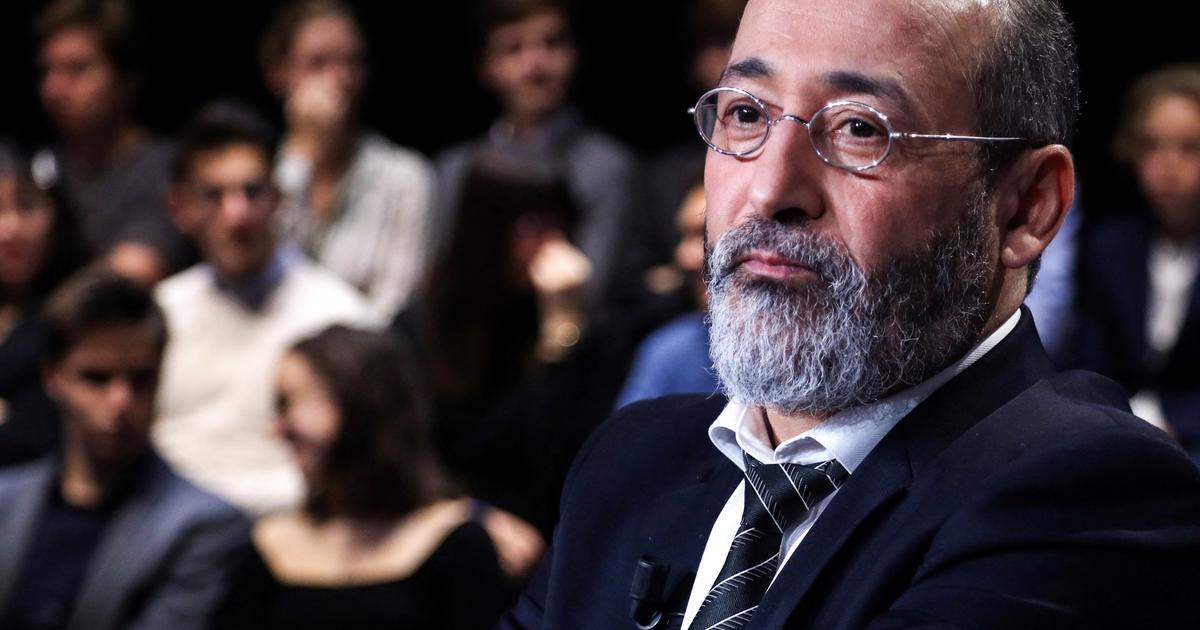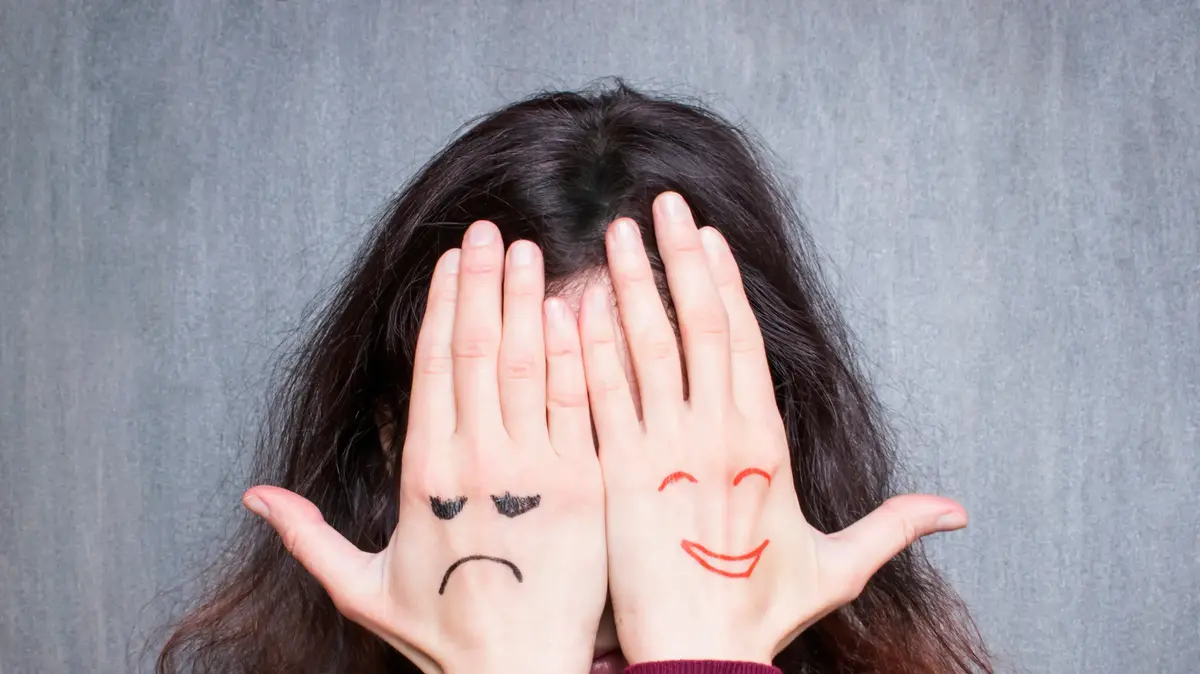A Muslim woman at the reception of the German national soccer team at the Brandenburg Gate after the World Cup victory in Brazil in 2014
Photo: Leber / imago imagesAngela Merkel did not do herself a favor with her sentence "We can do it" in August 2015. Your chancellorship will be measured in an endless loop against this quote on the refugee crisis and its consequences. Especially for the anniversaries. After five years like now, but definitely after ten, after twenty years. Even in the year 2065 you will probably still look at this sentence. Maybe then very special.
After all, it doesn't just depend on whether the majority of the refugees will find a job - at least until the outbreak of the corona pandemic, that was very promising. It's not just about the step of accommodating people in decent accommodation instead of in gyms - that has largely worked so far. The challenge is much greater: we have to manage to become a multi-ethnic and multi-religious society, characterized by mutual tolerance and appreciation. For this to happen, Germany's dealings with Islam must change - and the way Muslims deal with Germany.
It's not going well in this regard. Because if the topic was a problem before the refugee crisis, it has become even more urgent since 2015: the number of Muslims in Germany is now almost five million.
Why does Islam not belong to Germany?
This country has long been a country of immigration, even if the federal government has long denied it. The Turkish guest workers have shaped our society for decades through their culture and religion. Nevertheless, German politicians for a long time acted as if shaping Muslim life in Germany was none of their business. They left this almost entirely to the Turkish government, which was a huge mistake. Even today, the phrase "Islam belongs to Germany" only comes off the lips of a few politicians. It should be heard much more often so that Muslims in Germany can feel they belong.
The Turkish state continues to pay the salaries of the imams in the Ditib mosques. Around 900 mosques all over Germany belong to this organization. An autocrat like Recep Tayyip Erdoğan has more influence than Angela Merkel on many people of Turkish origin, even in the third or fourth generation. Erdoğan tramples on democratic and constitutional values, but many Turks in Germany adore him anyway.
Are we giving the refugees the chance to be Germans?
What does this have to do with the refugees from 2015? Very much. The development of the Turkish community since the sixties shows how many generations the integration of immigrants can remain an issue. In the end, the decisive question will be what relationship the Syrians, Iraqis and Afghans born in Germany will have with this country. Are we giving them the chance to be German? Or will we always only perceive them as "refugees of the second or third generation"? Conversely, will those with Arab or Afghan roots give Germany the chance to become their home?
For that to happen, everyone has to learn to be more tolerant. This is a show of strength and a long-term project. A lot should change.
Women with headscarves should be able to have just as much careers in this country as women without headscarves - also in schools or in courts. A woman with a headscarf must be able to walk through German streets without being looked at in a hostile manner or even mobbed and threatened. But no girl or woman should be forced to cover themselves up either. Muslims shouldn't have to pray in poorly converted factory buildings. They need mosques that deserve the name of houses of God. Dignified places where women can live their faith on an equal footing and where homosexuals are also welcome. How about sermons in German instead of Arabic and Turkish - given by tolerant imams who see Germany as their home? In many cases, all of this has little to do with reality.
In order to come closer to such a Germany, Muslim associations like the Ditib would have to move - simply become German or at least develop more understanding for German sensitivities. That means breaking away from foreign influences, even if it will be exhausting and complicated. That would take a lot of wind out of the sails of German right-wing extremists - and also the Islamists.
The construction of the Ditib central mosque in the Ehrenfeld district of Cologne would have had the potential to become an important example of successful integration. The building is an impressive mosque in the middle of German life. But it was opened by Recep Tayyip Erdoğan. Frank-Walter Steinmeier would have been a better choice. His appearance would have annoyed not only German right-wing populists, but also Turkish nationalists. And that would have been good. Because if the extremists on both sides feel bad, then we are on the right track. Then we can do it.
Icon: The mirror














